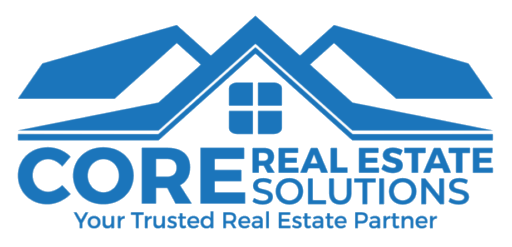Are you contemplating selling your home in Fort Myers? If so, the thought of making repairs and upgrades before listing might have crossed your mind. While certain changes can be lucrative and pay off in the long run, not all upgrades are created equal. It’s essential to be strategic about the improvements you choose to undertake to ensure you get the best return on your investment. In this article, we’ll guide you through the upgrades to avoid, helping you make informed decisions that will benefit you in the sale of your home.
Improving and enhancing your home can attract more potential buyers, but it’s crucial to strike the right balance. Avoid the mistake of over-upgrading or investing in improvements that don’t add significant value to the property. In fact, some upgrades can even deter buyers. Before embarking on major renovations or trips to home improvement stores, focus on essential repairs and upgrades that offer a high return on investment. Choose upgrades that will pay for themselves by substantially increasing your home’s value, ensuring you maximize your investment wisely.
Don’t Add a Pool Unless YOU are Swimming In It
You will not be able to add the price you pay for a pool onto the previous value of the home. It doesn’t work that way. We have seen people spend over 50k to add a new pool, only to be able to add a couple thousand to their asking price. Unless you plan on swimming in the pool yourself for years to come, a pool will end up costing you more than it adds value. Point blank: A pool doesn’t provide returns.
Don’t Get So Personal
When preparing your home for sale, it’s wise to avoid overly customized designs, such as intricate kitchens or bathrooms, and any elements that are too unique or one-of-a-kind. Instead, opt for more neutral environments by toning down bold colors, as this appeals to a broader range of potential buyers. A fresh coat of paint is a cost-effective way to refresh a space compared to a complete room overhaul. By making these adjustments, you can create a more appealing and marketable home that will attract a wider audience of potential buyers.
Don’t Decide for Your Buyers
If there are obvious repairs or upgrades needed, don’t make them. Instead, provide a credit to the buyer, so they can have things done the way they want. It can be a great incentive when buyers have the ability to decide on the details of the home. People will be attracted to the idea of choosing their own countertops and lighting fixtures. Point Blank: Don’t make upgrades based on your own personal enjoyment or taste.
Leave the Basement Alone
If your house has an unfinished basement, consider leaving it as is. The expense of finishing the basement often outweighs the potential return on investment. Moreover, many buyers prefer to customize and renovate these spaces according to their own preferences. If you haven’t renovated the basement while living in the home, there’s no compelling reason to do so now that you’re selling. Point Blank: An unfinished basement is best left that way.
Make the Space Intentional
When preparing your home for sale, it’s crucial to maintain each room’s original purpose. If a room was designed as a bedroom, keep it as such rather than converting it into an office or gym. Allowing potential buyers to envision the space according to their needs increases the property’s appeal and perceived value. A house advertised as a 4-bedroom, 2-bathroom will attract more interest than one listed as a 3-bedroom, 2-bathroom with a den, even at the same price point. Multipurpose rooms, such as a gym/office/library/breakfast nook, can confuse buyers and should be avoided. In short, plan your space with clear intent to maximize its marketability and appeal.
What are the Neighbors Doing?
Take a look at other homes in your neighborhood and keep your upgrades somewhere in the middle. If you go too far with your add-ons, you will be targeting high-end buyers. And maybe your neighborhood isn’t known for that. In addition, you will alienate buyers who love your neighborhood but don’t want to pay the high price. Point blank: Keep your property competitive within your neighborhood, but don’t take it too far!
